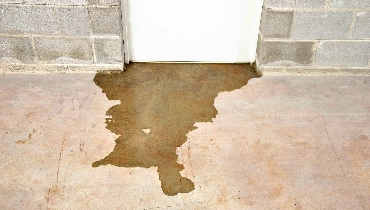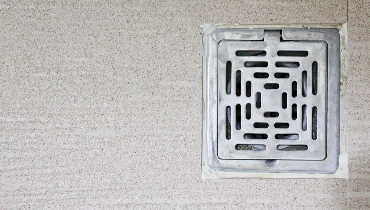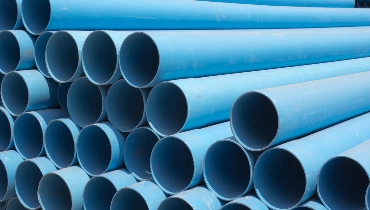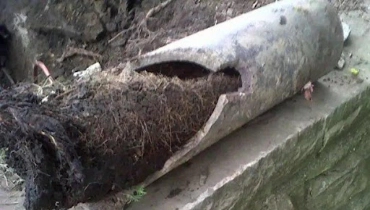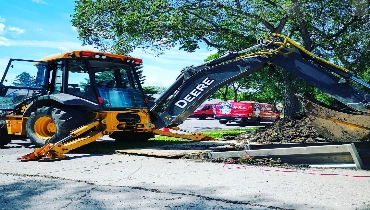We know it's inevitable to picture the worst-case scenario whenever you hear about a basement flood, from floating objects to cont
Learn moreOur Blog
Shared Resources for Your Home Needs
All Blogs
Maintaining a healthy plumbing system is often more than just maintenance and minor repairs. In some cases, it involves certain pr
Learn moreThe last thing Regina property owners want is to have failing sewer pipes, so they take all the recommended preventive measures to
Learn moreRegina’s water originates from the Rocky Mountains and travels from Alberta to Saskatchewan. The average Regina resident use
Learn moreThere are two pipes in every Regina plumbing system that are more important than every other pipe and fixture: your main sewer lin
Learn moreMany Regina homeowners dread hearing the words "sewer replacement" come from the mouths of plumbers. If you've been unlu
Learn moreBlog Categories
Let Us Call You
Blog Categories
About Mr Rooter

Since the original Mr. Rooter was founded in 1970, the company has remained committed to a set of core values that are rooted in performing quality work at honest prices. Nearly half a century later, the original Mr. Rooter business is still servicing homes and businesses in North America. We are still independently owned and operated, with strong ties to the community that made it all possible.
